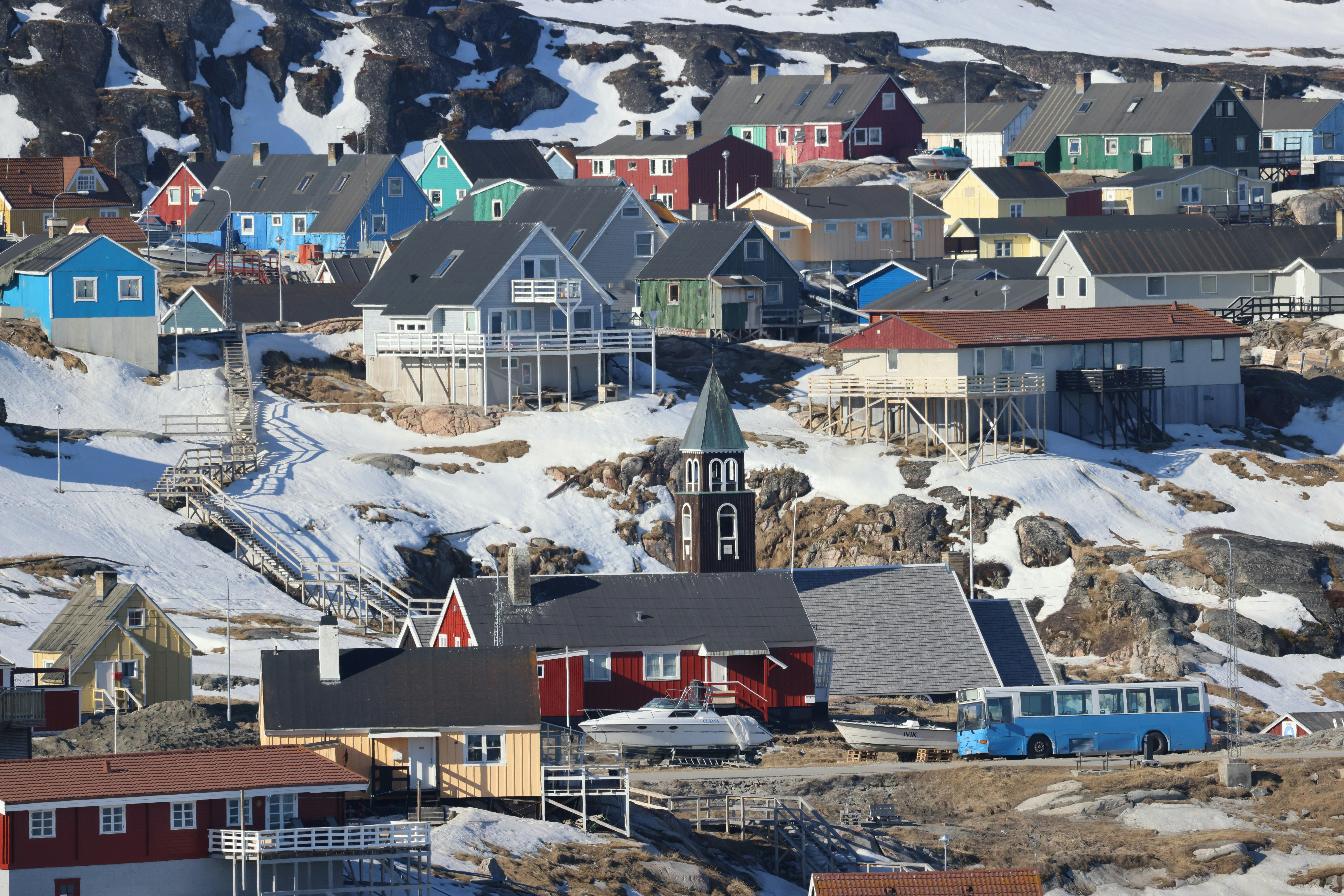Environmental days in Ilulissat: Environment does not equal waste.
During the 4th to 8th October, the annual environmental days were held in Ilulissat. Future waste management was at the top of the agenda. However, according to Jakob Kofod, who is head of the Environment Department at Kommuneqarfik Sermersooq, we should be aware of the fact that environment does not equal waste management. Even though the current waste management situation in Greenland cause problems to the environment.
The program of the annual environmental days put waste management at the top of the agenda. In this article, you can read more about what was on the program, and what was evaluated.
The Department of Agriculture, Self-Sufficiency, Energy and Environment presented the strategy for collecting abandoned, lost, or discarded fishing gears. ESANI A/S gave a status on the new incineration plants in Nuuk and Sisimiut, as well as a status on the waste tour they have carried out in recent months. ESANI A/S moreover presented the initiatives that have been initiated in connection with developing the deposit return system to include other types of drinks container packaging than those from Nuuk Imeq. Associate Professor Pernille Erland Jensen at DTU presented a plan for creating a database of previous experiences, lessons, and opportunities for night renovation solutions in Greenland.
In addition, presentations were made by the municipalities. Kujalleq Kommunia talked about their waste packing machine. Qeqqata Kommunia talked about the challenge of not being able to burn the waste that is generated. Avannaata Kommunia talked about the fact that they are in the process of cleaning up the dump in Ilulissat, and Kommune Qeqertalik talked about waste management tasks in general.
Kommuneqarfik Sermersooq presented their waste action plans, including the implementation and economics of the plans. The 17 Sustainable Development Goals (SDGs) were used to describe the potential that lies in measuring the progress made in waste management as a contribution to the SDGs. In addition, the area managers from Tasiilaq and Ittoqqortoormiit presented their way of working with waste management, which focuses on local solutions to meet the needs of the local challenges. In Ittoqqortoormiit, experiments with composting organic waste with a BioCoTech machine will be carried out in 2023.
On the third and last day, the days were evaluated. However, the only point discussed was that environment does not equal waste and waste management. According to Jakob Kofod, it is important to point out that the annual environmental days were exclusively about waste management – and unfortunately did not touch upon other relevant themes within environmental issues. In addition, he elaborates:
“I could have wished more well-defined tasks than ‘we would like to have a presentation from each municipality’. Finally, the environmental days should have dealt with more than waste management. Even though it is a big problem many places. Municipal climate strategies could have been a topic. What should we do about the relatively large consumption of fossil fuels, and other similar questions could have been addressed.”
